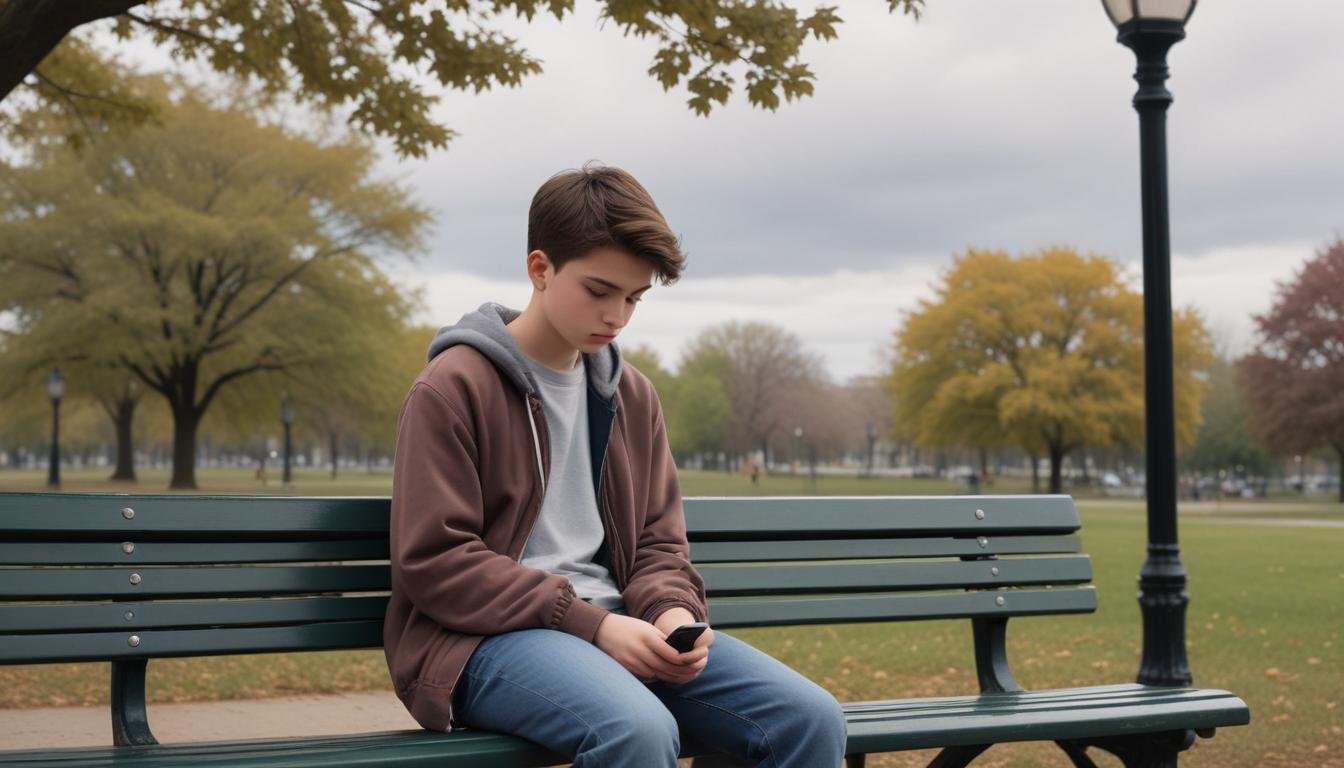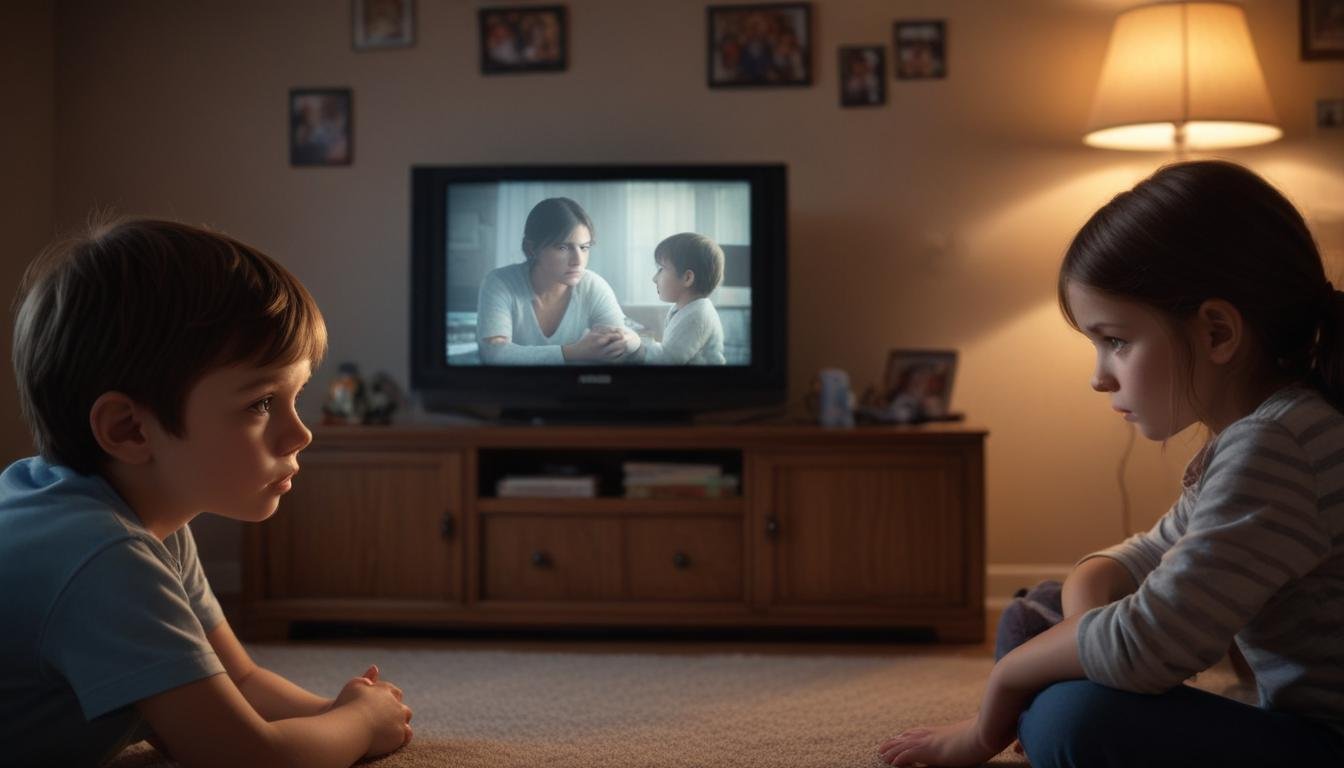The Impact of Positive Feedback on Online Behavior
When I think about my family, I feel so lucky and grateful. My kids are full of life and energy, and I always try to be a great example for them. That’s why I believe in the power of positive feedback. Just the other day, my daughter Patricia came home with a big smile. She had worked really hard on a school project about online safety. I praised her efforts, telling her how proud I was of her. That little moment of encouragement made her face light up! It reminded me that kind words can spark so much joy and confidence in our lives.
In my work as a cybersecurity expert, I’ve seen how digital behavior can change with just a bit of encouragement. For example, in online gaming, positive feedback can create a fun atmosphere. When kids are complimented on their teamwork or skills, they’re more likely to help others. This creates kindness in gaming instead of cyberbullying. I remember watching my twin sons, Mark and Matthew, play a multiplayer game. They cheered for their friends when they made a great move. Their positive feedback made everyone excited to play together again! It was wonderful seeing them support each other and build friendships.
Even in our own home, we encourage each other constantly. Whether it’s Michelle sharing a success at work or Robert trying out for a school play, we cheer them on. This creates a household filled with love and support. I’ve noticed that when we lift each other up, everyone feels more secure. It helps us focus on being positive and makes it easier to tackle the challenges we face. We always talk about the importance of digital kindness. In our digital age, making a conscious effort to be nice online can have a huge impact. It’s all about spreading joy and creating a safe space for everyone.
Building a Supportive Gaming Community
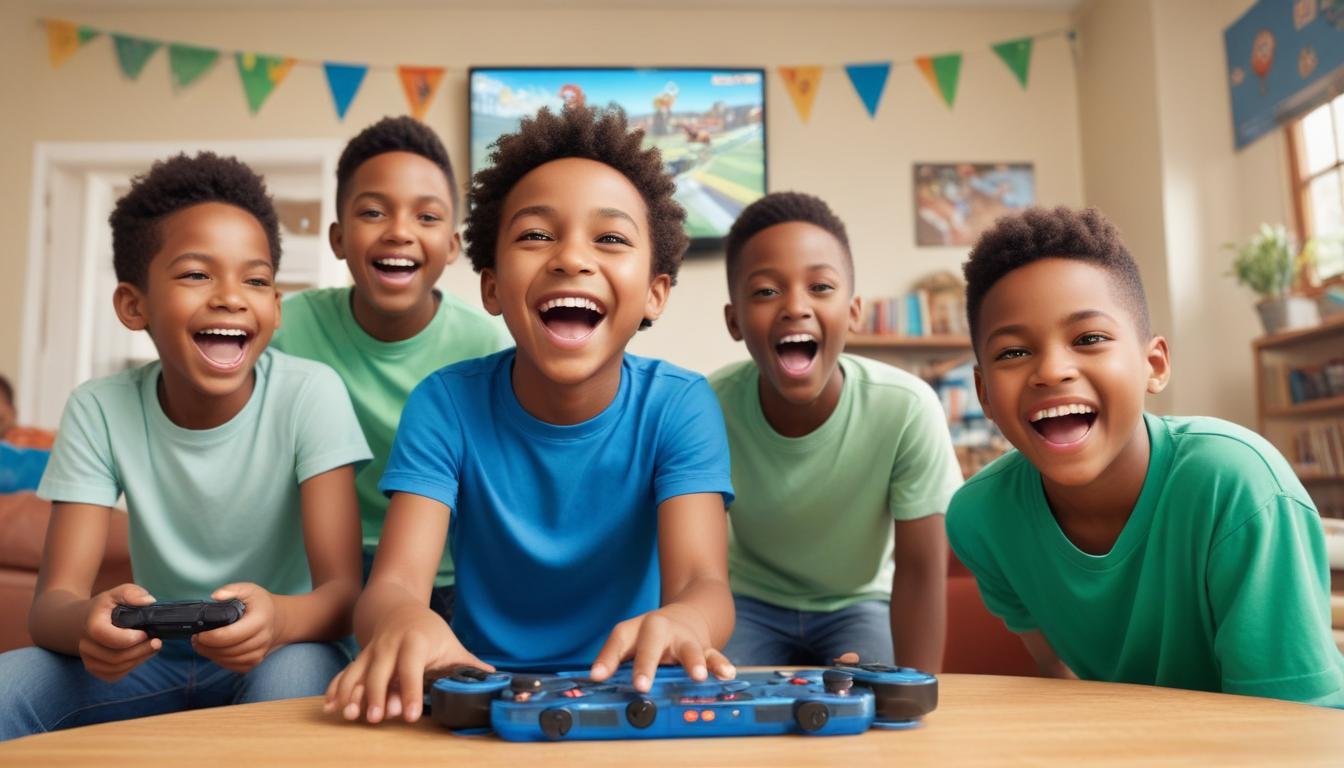
Creating a supportive gaming community is so important for our kids and can make a big difference in their lives. Just imagine how great it feels to be part of a group where everyone encourages one another. In our home, gaming is a fun activity that my boys enjoy a lot. Mark and Matthew invite their friends over to play, and I love seeing how they all interact. When they work together and cheer each other on, it builds a fantastic atmosphere. I often tell them how proud I am when they show kindness to their friends while playing. It makes such a big impact! They are learning that supporting others is way more fun than being mean or hurtful.
One time, they were playing a racing game with their friend Tommy. At first, Tommy was struggling to keep up. But instead of getting frustrated or making fun of him, they all shouted words of encouragement. “You can do it, Tommy! Just keep trying!” This positive feedback helped Tommy feel confident enough to continue playing. He finished the race and had a huge smile on his face. Seeing that moment really filled my heart with joy! It showed me how a little bit of kindness can turn things around in gaming. I believe if we continue to promote this kind of behavior, we can help prevent cyberbullying before it even starts.
We also talk as a family about being good digital citizens. Since I teach about online safety, I try to inspire my kids to take what they learn into their gaming world. We make it a point to share stories about people who have stood up against cyberbullying and used their voices for good. Sometimes, I even share stories from my own life and how I have tackled challenges in my career. For instance, there was a time I had to work with a group of people who didn’t always get along. Instead of adding to the negativity, I chose to lift them up with positive feedback. It turned out wonderful! The project was successful, and we even built friendships along the way!
At family gatherings, we also encourage this idea of support and kindness. When the grandparents are over, they share stories from their past about teamwork and friendship. My dad, Michael, often shares funny tales from his days as a police officer. He emphasizes the importance of standing up for each other. This creates a loving space for our kids to learn and grow. It’s all about showing our children that a supportive community can make a world of difference, not just in gaming, but also in their lives.
Strategies for Parents to Promote Positive Interaction
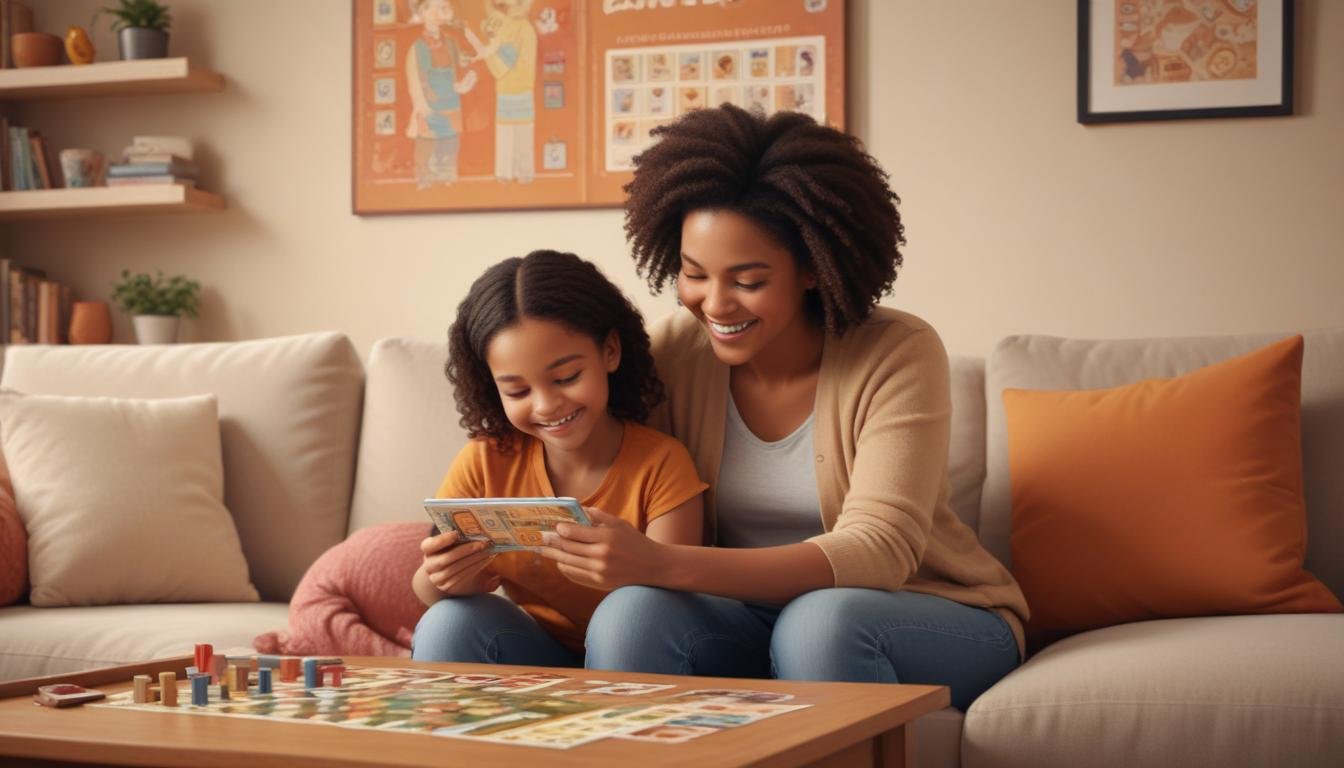
As a parent, I think a lot about how I can help my kids interact positively with others. I want to make sure they understand that being kind online is just as important as being kind in person. One way I do this is by talking openly with my children about their experiences on social media and in games. I always ask them how they felt when someone said something nice or when they received positive feedback. These conversations help them see how uplifting words make a difference in their day-to-day lives.
One day, I was in the living room, and Patricia was upset because someone at school had been mean to her online. I sat down with her and shared my own experiences. I told her about a time when someone I worked with had been rude during a project. Instead of responding with negativity, I chose to support them with positive feedback about their ideas. This not only changed the mood of our teamwork but also helped build a better friendship. I explained to Patricia that by focusing on what others do well, we can create a culture of digital kindness. She smiled as she realized that she has the power to spread positivity too!
Encouraging this behavior at home is so much fun! I often set up family game nights where we play video games together. During our game sessions, I remind everyone to cheer for each other. Whether it’s helping each other find hidden treasures or celebrating a victory, I encourage them to use positive feedback. The laughter and joy shared during these times create lasting memories. It’s amazing to see how my children learn that their words can uplift their friends. Watching Mark and Matthew give high-fives to their friends after achieving a goal in a game shows me that kindness grows when it’s celebrated!
We also make it a point to have family discussions about stories in the news or social media where people have bravely stood up against cyberbullying. I think it’s important for kids to see examples of courage and support. Our discussions usually lead to great lessons about why spreading kindness is essential not just online but everywhere. Together, we talk about how we can use our voices to help one another, especially those who might feel alone or hurt. This has greatly inspired my kids to be advocates for kindness at school and study ways to create a positive environment.
Another way I help promote this positive interaction is by being involved in their online activities. I try to play games with them and understand what they encounter online. By doing this, I can better guide them on being respectful and cheerful no matter where they are. Each time we log in as a family, I remind them to uplift others with their words. This hands-on experience not only strengthens our bonds but also sets a great example for them. I tell them, ‘Be the person who makes others happy!’
Recognizing and Addressing Cyberbullying
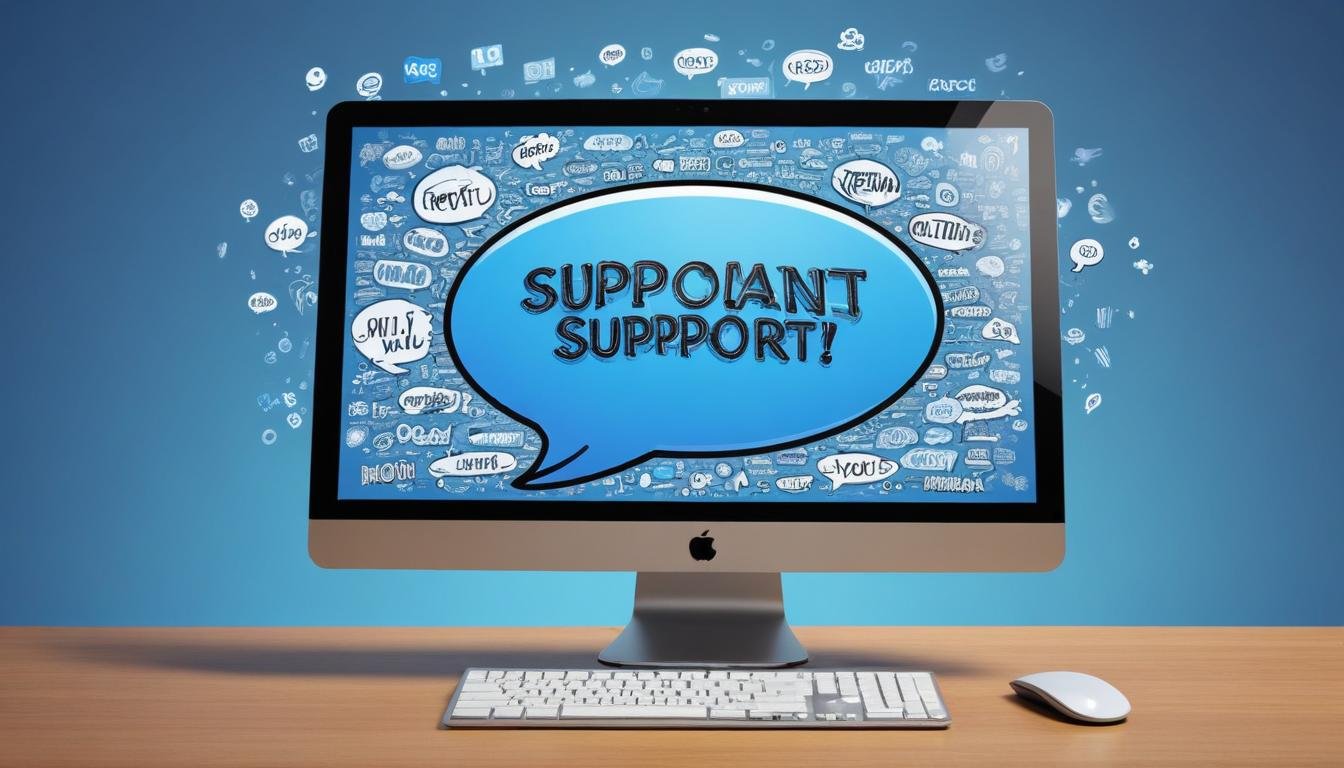
When it comes to recognizing and addressing cyberbullying, it’s important to pay close attention to how our children feel online. I remember one evening, Robert came home feeling down. He told me that a few kids at school had made hurtful comments about him during an online game. As a parent, my heart broke for him. It’s tough to see your child feeling this way. We had a good talk about what happened, and I realized that just listening was a great first step. I assured him that it was okay to feel upset and that we would work through it together.
In our family, we’ve made it a priority to discuss what cyberbullying looks like. I shared with Robert stories about other kids who have faced similar situations. For example, one story was about a girl who stood up against bullying by speaking out to her friends. She chose to respond with kindness, reminding others that words can hurt. This inspired Robert, and I could see a spark of hope in his eyes. It showed him that he wasn’t alone and that he, too, could choose to be kind in the face of negativity.
After that conversation, I encouraged Robert to talk to a trusted adult at school if he ever felt bullied again. I reminded him that positive feedback can be a powerful tool. By recognizing the good qualities in others, he could lift them up and create a safe space. We talked about how it’s great to celebrate when friends do something worthwhile, like scoring a point in a game or being a good sport. I believe that celebrating those little victories can help turn the attention away from hurtful comments and instead focus on what really matters: kindness.
It’s also essential to teach our kids how to report any cyberbullying they may encounter. We talked about the importance of taking screenshots when they see mean messages and showing them to an adult. This way, they know how to take action. One time, Patricia showed me an online message that she felt was unfair. We discussed it together, and I explained how this was a perfect opportunity to use her voice for good. Instead of feeling helpless, she could stand up for herself and ask for support. It was empowering for her to know that she had the tools to address the situation.
At home, we also watch movies or read books that highlight the importance of digital kindness. One of our favorites is a fun animated film where the characters learn the power of words. It always sparks great discussions during family movie nights. After watching the movie, my kids often talk about what they would do if they were in a similar situation. This really helps them think about the impact of their actions online. I notice that they become more aware, and they remind each other to be kind during their gaming sessions.
I also believe in leading by example. When I’m online, I make sure to communicate positively with others. Whether it’s in my work as a cybersecurity expert or when interacting on social media, I always strive to share supportive comments. My family sees this, and I hope it encourages them to do the same. I want them to see that by recognizing and addressing cyberbullying, we can build a better digital world together.
By fostering an environment where we talk openly about our experiences, we create a culture of trust and support. It’s not just about correcting negative behavior but about inspiring our kids to spread compassion and kindness every day. Together, we can help our children become advocates for their own well-being and the well-being of others, making sure they remember that a little positive feedback can change everything.
FAQ
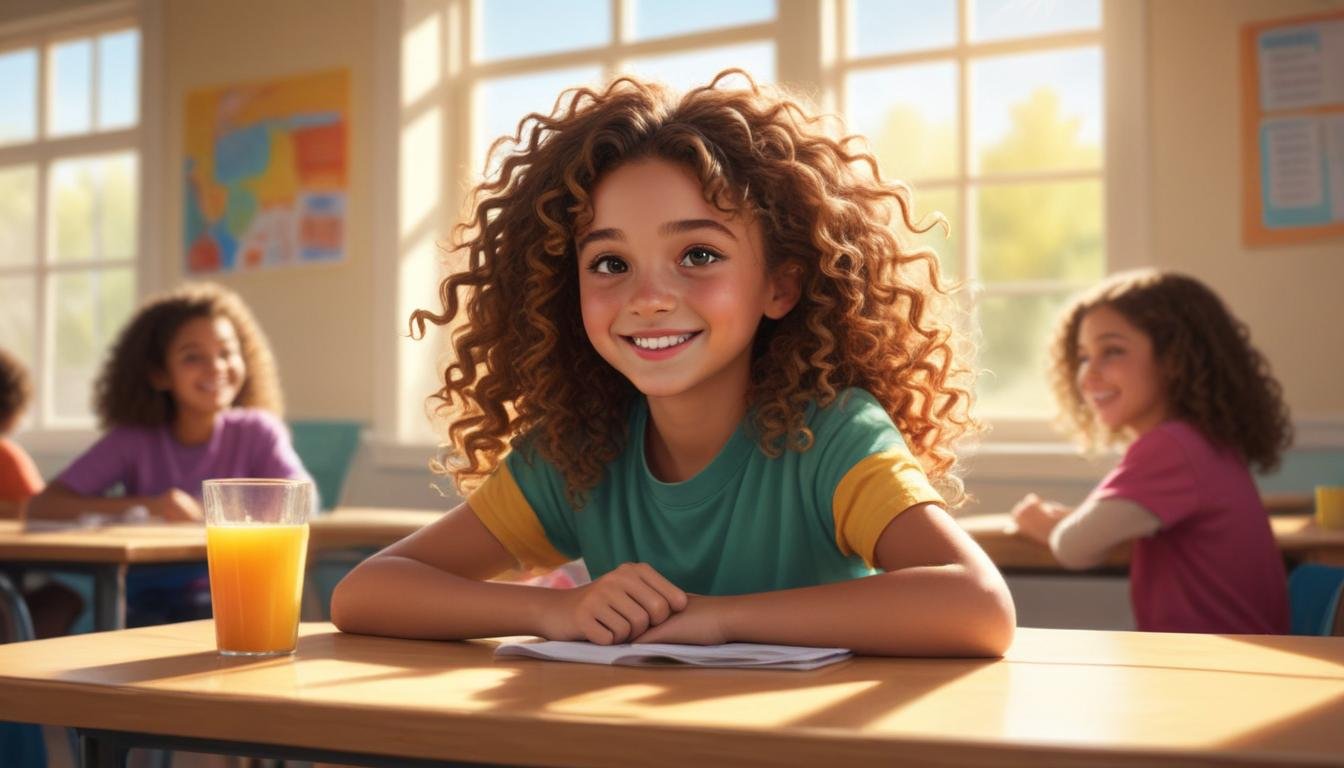
When I’m asked questions about cyberbullying, I know it’s a chance to share what I’ve learned with my family. The more we talk about it, the more we understand how to be kind online. Often, kids are curious about what they can do if they see someone being bullied in a game or on social media. I tell them, it’s important to look out for one another! Just like my twin sons, Mark and Matthew, they can be heroes by standing up for their friends. The other day, I overheard them discussing how they could support Tommy, who’s been feeling down after being teased online. They are learning that with a little positive feedback, they can brighten someone’s day!
Another question that often comes up is how we can encourage others to be nice. I share with my kids that we should always speak up and offer kind words. One time at school, Patricia saw a classmate sitting alone during lunch. Instead of ignoring it, she invited her to join their table! That little act of kindness made a big difference, and it got me thinking about how important it is to spread digital kindness, whether online or in person. It’s wonderful to see my children take those lessons to heart.
Parents often wonder how they can keep track of what their kids are doing online. I suggest getting involved! When I play games with my kids, I can see how they interact with their friends. It’s also a great way to model kindness. If I notice someone being mean, I can prompt a conversation about it. Last week, Robert and I played a new game together. When he saw his friend being bullied in chat, he bravely said something supportive. It made me so proud! It showed him that positive feedback holds great power, especially when faced with negativity.
Some parents ask how to talk to their kids about their feelings when something bothers them online. I always say that listening is key. My wife, Michelle, often reminds me of the importance of creating a safe space for our kids. One evening, I sat down with Robert after he had a rough day. I listened carefully as he shared his frustrations with some online comments. It helped him feel better just talking about it! Afterward, we brainstormed ways he could respond positively instead of letting those comments hurt him. He learned that our responses can make a huge difference.
Lastly, I think it’s essential for kids to understand how to report bullying. I tell my children that if they see something wrong, they can always talk to an adult or report it on the platform. Just like when Patricia came to me with that unfair message she received, it’s a chance to take action. Encouraging them to speak out helps them feel empowered and also spreads the message that cyberbullying won’t be tolerated.
It’s all about being there for each other. My family’s experiences remind me that by talking openly, listening to each other, and sharing positive feedback, we can create a loving environment. Together, we can fight against cyberbullying and make our digital world a much kinder place for everyone!
About me
I’m Dr. Victor Lee, and cybersecurity is more than a career; it’s my passion. With my doctorate in Computer and Information Security and over 20 years of experience, I’ve had the privilege of watching the cybersecurity landscape evolve. I believe in sharing knowledge to make a difference, which has inspired me to teach college-level courses online. My mission is to make a meaningful impact in the fight against cyber threats.
I’m happily married and a proud father of four amazing children. My wife, Michelle, is a skilled marketing professional in her late forties. We have twin sons, Mark and Matthew, who are 8 years old and full of energy. Our daughter, Patricia, is a bright 10-year-old excelling in middle school. Our oldest, Robert, is a 14-year-old high school student embracing new challenges. As a family, we call the beautiful city of Fresno, California, our home.

